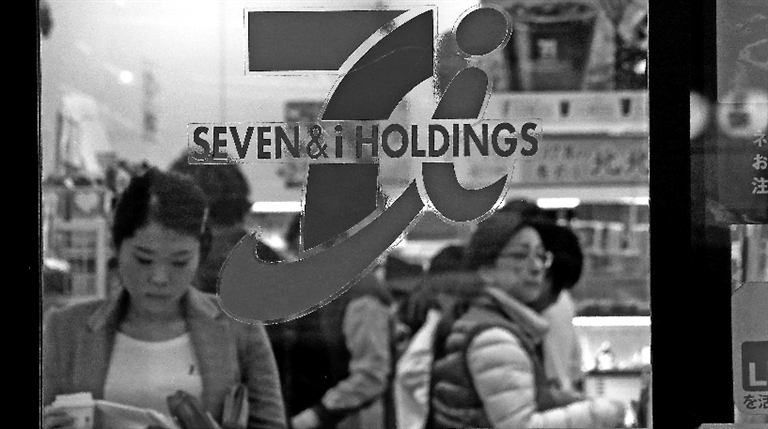
JAPAN’S 24-hour convenience stores are struggling to stay open around the clock as an industry that has continually expanded now finds itself at the sharp end of a labor shortage. Franchise owners have launched a campaign to persuade industry leader Seven Eleven to allow stores to close earlier. Although the debate has focused on their plight, it has also raised doubts over the future of a US$100 billion industry that faces an aging population, slow economic growth and new competitors such as Amazon Prime. “The question is, how much demand is there for 24-hour service in an age when online shopping is expanding?” said Takayuki Kurabayashi, a Nomura Research Institute partner who specializes in consulting for the retail industry. Japanese convenience stores began expanding in the 1970s as their 24-hour accessibility proved a perfect match with the country’s dense population and late-night work culture. The brightly lit stores, which locals call “combini,” are ubiquitous and an essential part of modern Japanese life, offering everything from neckties to packaged “bento” lunches for city workers. Rural Japanese rely on the stores for parcel and ATM services, or even as lifelines during disasters such as earthquakes. The franchise system promoted a nationwide expansion that took the total number of stores to roughly 58,000 last year, a majority operated by the big three: 7-Eleven, originating in the United States but now Japanese-owned; FamilyMart, UNY Holdings’ convenience store arm; and Lawson, a subsidiary of trading house Mitsubishi Corp. For years, the franchise model shielded operations from the direct effects of Japan’s labor crunch. But now, the tightest labor market more than 40 years is hurting store owners, who pay salaries after handing over royalty fees. A union of convenience store owners said they were finding it increasingly hard to hire enough employees. Many owners said they worked long hours themselves to keep stores open 24 hours — a requirement in most franchise contracts. “At the time of the agreement, we could not foresee the current labor shortage or spike in minimum wages,” said Mitoshi Matsumoto, a union member who owns a Seven Eleven store in Osaka, referring to the deal he and his wife signed with the firm. Struggling to keep the store running after his wife’s death last year, he began closing it for a few hours at night, and was threatened with a fine. His pleas to management and lawmakers drew widespread sympathy in a country in which “work-life balance” has become a buzzword and employers have come under fire for cases of death by overwork. Even the Nikkei newspaper wrote an editorial saying stores should be allowed reasonable working hours even if consumers suffer slight inconveniences. Amid such pressure, the company said last week, it would begin testing shorter hours at 10 of its more than 20,700 stores. (SD-Agencies) People are seen at Seven & i Holdings Co.’s Seven Eleven convenience store in Tokyo, Japan, in this file photo. Japan’s 24-hour convenience stores are struggling to stay open around the clock as an industry that has continually expanded now finds itself at the sharp end of a labor shortage.SD-Agencies | 
